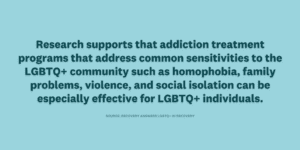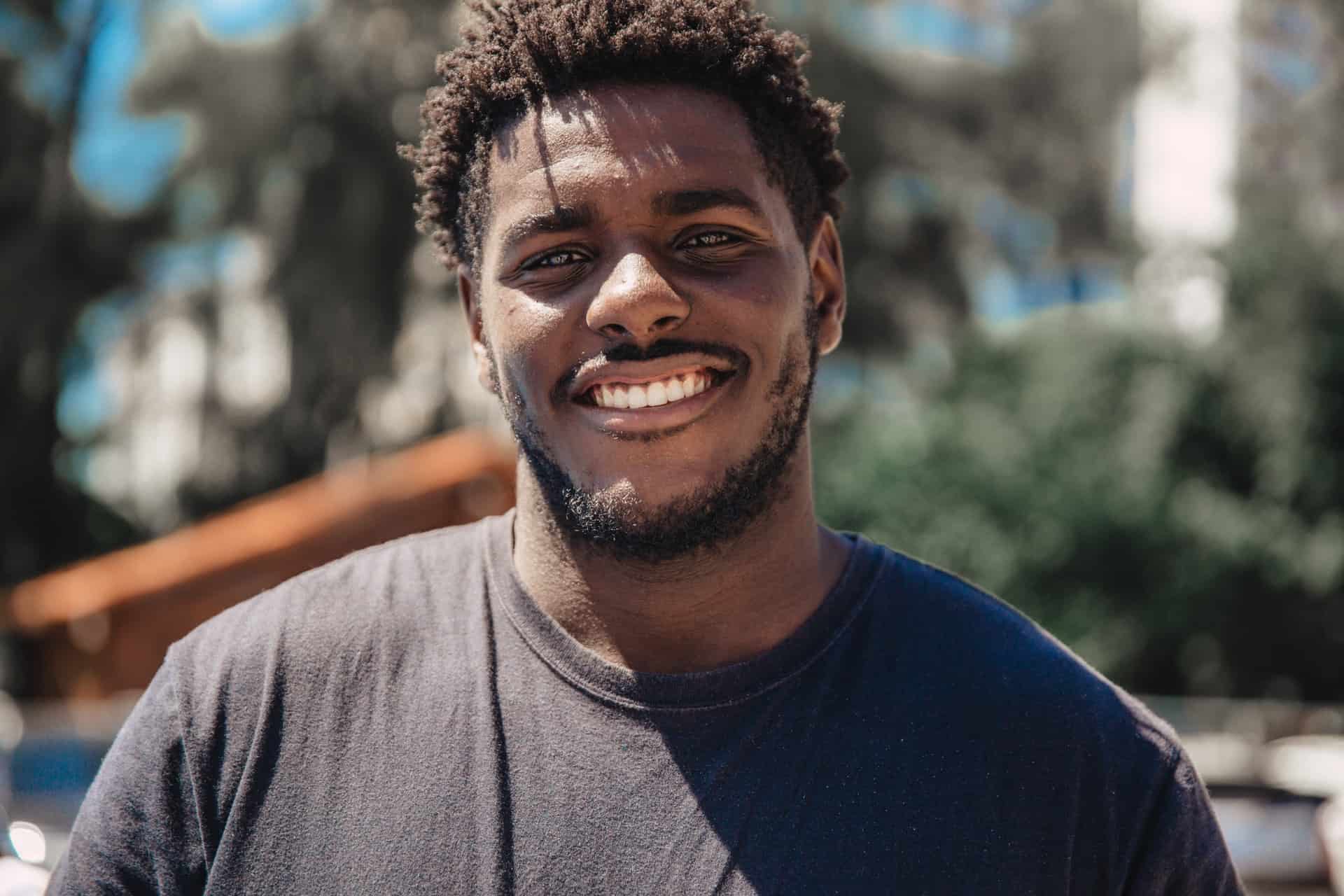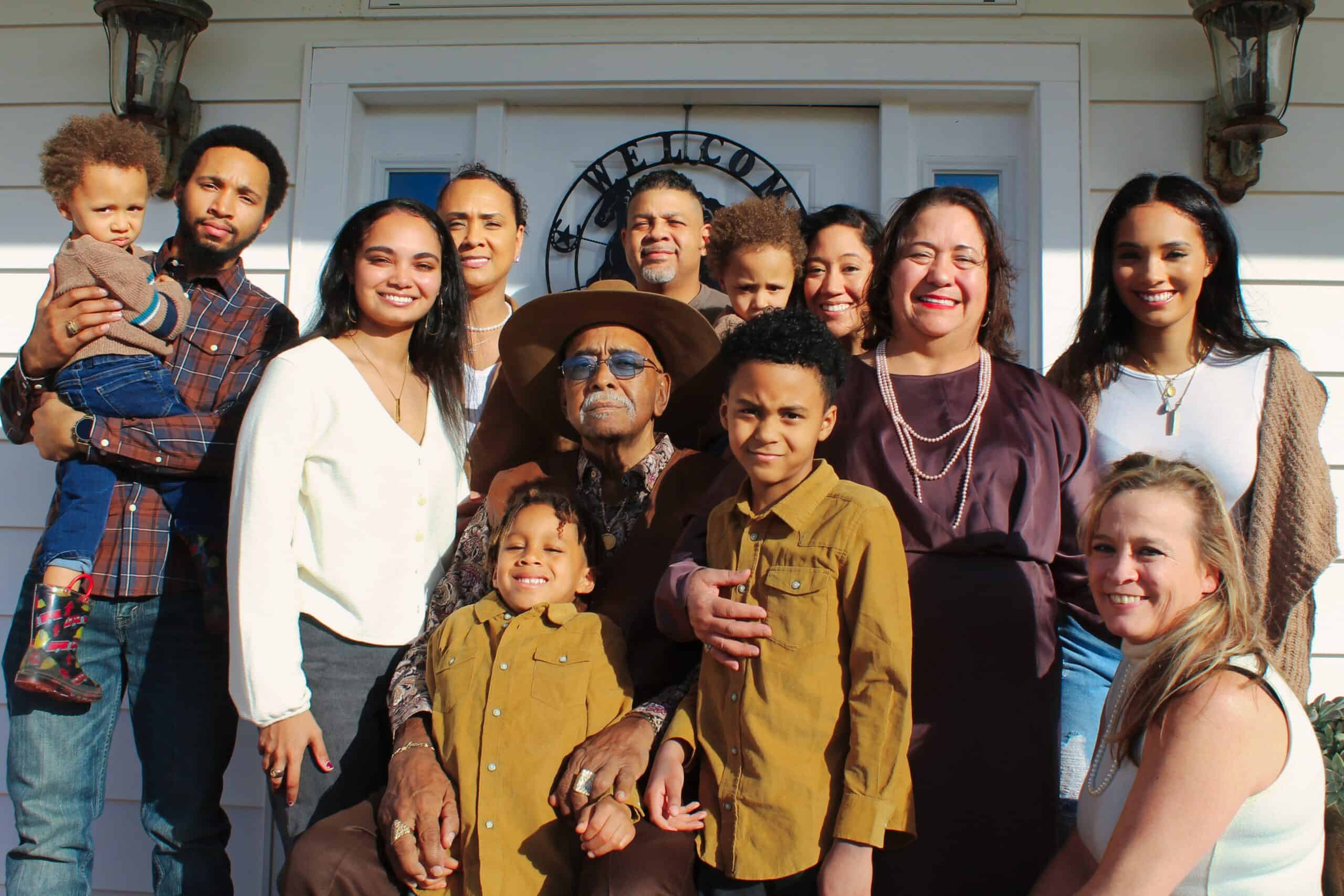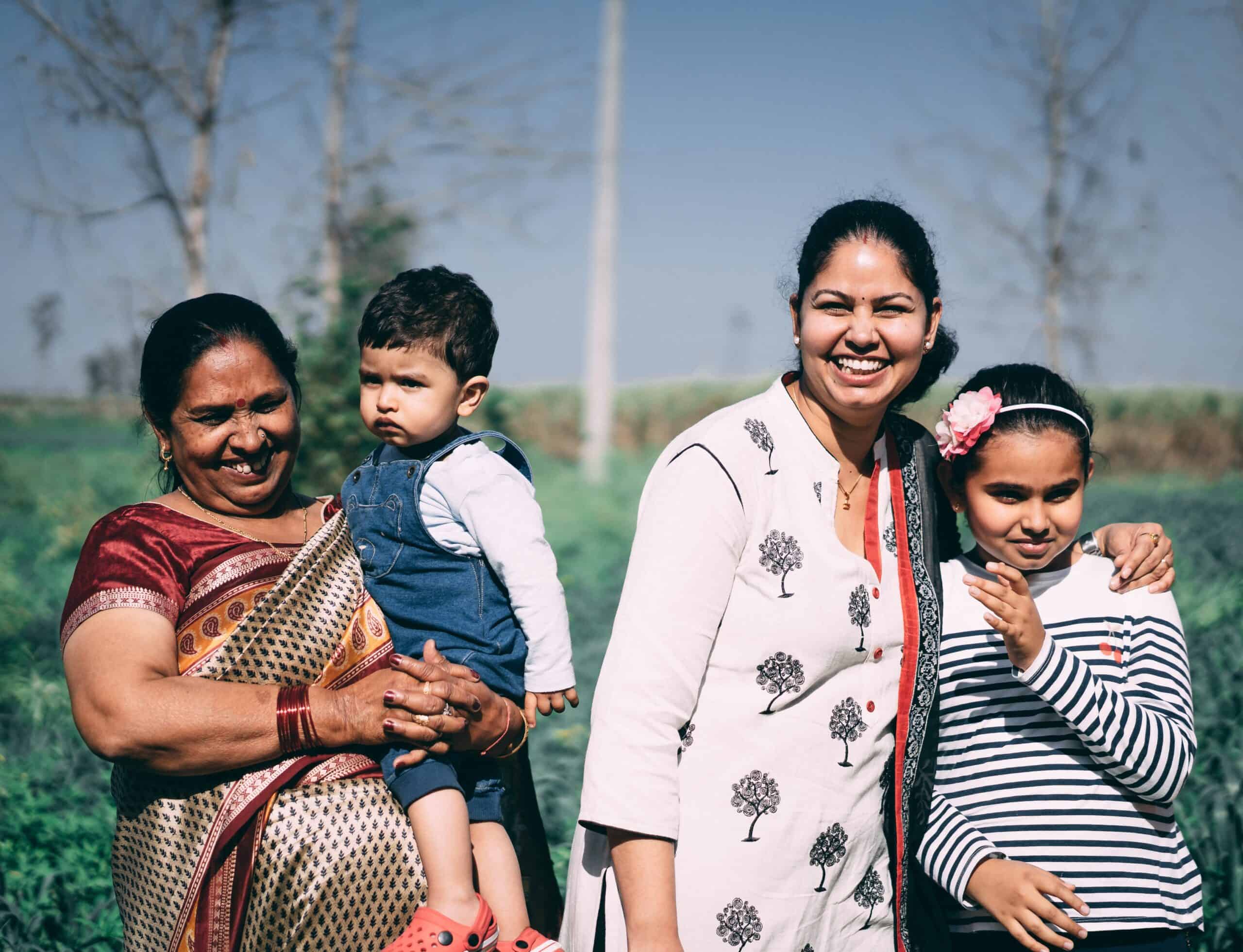Updated: May 2024

The Advancement of Prevention & Harm Reduction within the LGBTQ+ Community
As we celebrate Pride Month, it’s essential to recognize the significant contributions of the LGBTQ+ community to the fields of harm reduction and recovery support. The origins of harm reduction—practical strategies aimed at reducing negative health consequences—can be traced back to the courageous LGBTQ+ advocates who responded to the AIDS crisis. Their activism not only brought harm reduction into public discourse but also laid the groundwork for peer-to-peer support systems.
The LGBTQ+ community remains an invaluable resource, offering strategies that the media and public can learn from to promote resilience and improve health outcomes. It is imperative that policy makers, behavioral health experts, treatment providers, and health educators work alongside our LGBTQ+ community to overcome the health disparities and inequitable access our LGBTQ friends, family, and community members still face. You can learn more about Behavioral Health Equity for LGTBQ populations here. While it’s necessary to acknowledge and address inequities, we must also celebrate the connection and joy that often define the LGBTQ+ experience. Support from both birth and chosen families, friends, and communities enables LGBTQ+ individuals to thrive despite the trauma, discrimination, and ongoing stress they may face.

There is a growing body of scholarship which explores resilience among LGBTQ individuals. Of course, marginalized community members should not be forced to develop resilience in order to survive and thrive in an unaccepting society. Nevertheless, LGBTQ individuals who are in supportive environments have higher resilience.
How can we improve and increase access to these supportive environments? Advocating for affirming policies and laws is a start. Additionally, creating inclusive “third spaces”—informal public places where ideas are shared and relationships are built—is vital. Historically, third spaces for the LGBTQ+ community have often been bars, clubs, and ballroom communities. For those in or seeking recovery, these traditional spaces might not always be ideal. A growing wave of new third spaces, from LGBTQ run tea-houses to chocolatiers, offer sober alternatives to community engagement.
Pride Month is a time to celebrate these contributions and look forward to a future where every LGBTQ+ individual has access to the support and resources they need to thrive.
Resources for Addiction & Substance Use Disorder:
- LGBTQ+, Family and Substance Use Disorder Information and Resources (Partnership to End Addiction)
- 2019 National Survey on Drug Use and Health: Lesbian, Gay, & Bisexual (LGB) Adults: Provides a window into the state of substance use and mental health issues among lesbian, gay, and bisexual adults.
- Substance Use and SUDs in LGBTQ* Populations
- Faces and Voices of Recovery: LGBTQ+ Recovery Resources
- Gay & Sober
- Gay and Lesbians in Alcoholics Anonymous
- Inspire Recovery

Resources for Mental Health:
- Behavioral Health Equity: Lesbian, Gay, Bisexual, and Transgender (via SAMHSA)
- LGBTQ+ Communities And Mental Health (via Mental Health America)
- National Alliance on Mental Illness: LGBTQI
- Pride Counseling: At Pride Counseling, therapists recognize that the LGBTQ community deals with mental health issues at a disproportionately higher rate and want to make help accessible for everyone.
- Take the #NoShame pledge: Join SAFE Project’s national movement to combat stigma, because there’s #NoShame in getting help for mental health and addiction.
- The Association of LGBTQ+ Psychiatrists
- The National SOGIE Center
- Supporting LGBTQ Youth
- LGBTQ+ Behavioral Health Equity Center of Excellence
- LGBT Foundation

Support and Educational Resources:
-
- It Gets Better
- Hearts and Ears, Inc.
- National LGBT Health Education Center
- Parents, Family and Friends of Lesbian and Gays
- National Center for Transgender Equality: This website has many different resources for transgender people, and advocates the need for policy change to advance transgender equality.
- The Trevor Project: In addition to being a leading national organization providing crisis intervention and suicide prevention services to LGBTQ+ people, The Trevor Project also provides education and additional resources on its website.
- Influences on Addiction and Mental Health in the LGBT Population Webinar
- LGBTQ+ Sober Folks to Follow on Instagram (via The Temper)
- Bullying: LGBT Youth
Additional Resources
-
 Resource
ResourceAddiction & Mental Health Resources for the Black Community
Recovery, prevention, and mental health resources designed specifically for the Black community. -
 Resource
ResourceAddiction & Mental Health Resources for the Latinx/Hispanic Communities
Recovery, prevention, and mental health resources designed specifically for the Latinx/Hispanic communities. -
 Resource
ResourceAddiction & Mental Health Resources for AAPI Communities
Recovery, prevention, and mental health resources designed specifically for the Asian American and Pacific Islander communities. -
 Resource
ResourceResources for Diverse Populations
As part of our commitment to advocate for marginalized communities within the recovery community, we have put together diverse and inclusive substance use disorder and mental health resources.

